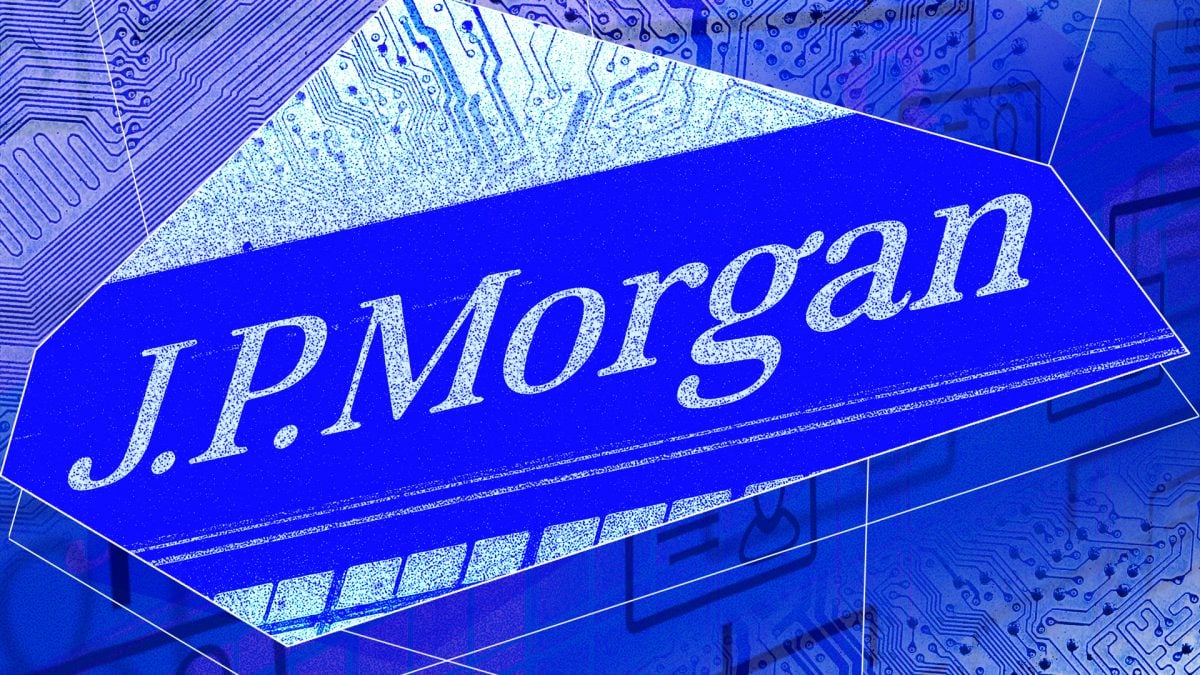JPMorgan has noted that Bitcoin miners are venturing into fresh markets ahead of the imminent halving, an event that will decrease their rewards amidst intensifying competition due to a surging hash rate.
In a recent report, JPMorgan analysts, led by Nikolaos Panigirtzoglou, mentioned that these miners are transitioning to offer high-performance computing services tailored for the burgeoning artificial intelligence (AI) sector. This move could prove to be lucrative, they suggest. The sale of freshly minted or older bitcoins in past months has in part facilitated this pivot.
The synergy between crypto mining and AI, especially in training expansive language models, arises from the need for sophisticated computer chips in both domains.
Applied Digital’s new AI cloud service, coupled with its $460 million contract to facilitate AI cloud computing at its data center, stands out in this diversification trend. Simultaneously, Iris Energy has redefined its focus on high-performance computing services, influenced by the mounting traction of AI.
JPMorgan’s analysis also points out a trend among former Ethereum miners to provide high-performance computing services. Ethereum’s move from proof-of-work to proof-of-stake left a glut of graphics processing units (GPUs) on the resale market since these GPUs, once crucial for Ethereum mining, became redundant.
The analysts remarked:
“With the rapid growth of AI, the increased demand for HPC is now opening a new and perhaps more profitable avenue for utilizing GPUs previously used for Ethereum mining,”
Furthermore, the report highlighted that many Bitcoin and erstwhile Ethereum miners have undertaken pilot tests to provide high-performance computing services using a fraction of their complete GPU arsenal.
These pilot projects have showcased profitability metrics that, if replicated at scale, could significantly outpace the current returns from bitcoin mining, particularly with many bitcoin miners having locked in long-term contracts for over 100MW with power providers.
The JPMorgan team also commented on the geographical shift in mining operations, identifying Russia as an emerging hotspot for Bitcoin miners. Due to the ongoing conflict in Ukraine and subsequent economic downturn, Russia is facing an energy surplus. Paired with its cooler climate, Russia can provide considerably more affordable energy resources for miners.
To conclude, JPMorgan previously warned that the impending Bitcoin halving might challenge miners with diminished rewards juxtaposed against heightened operational costs. Miners enjoying the advantage of low electricity tariffs may navigate the post-halving landscape with ease, while those grappling with steeper costs might find it challenging.






